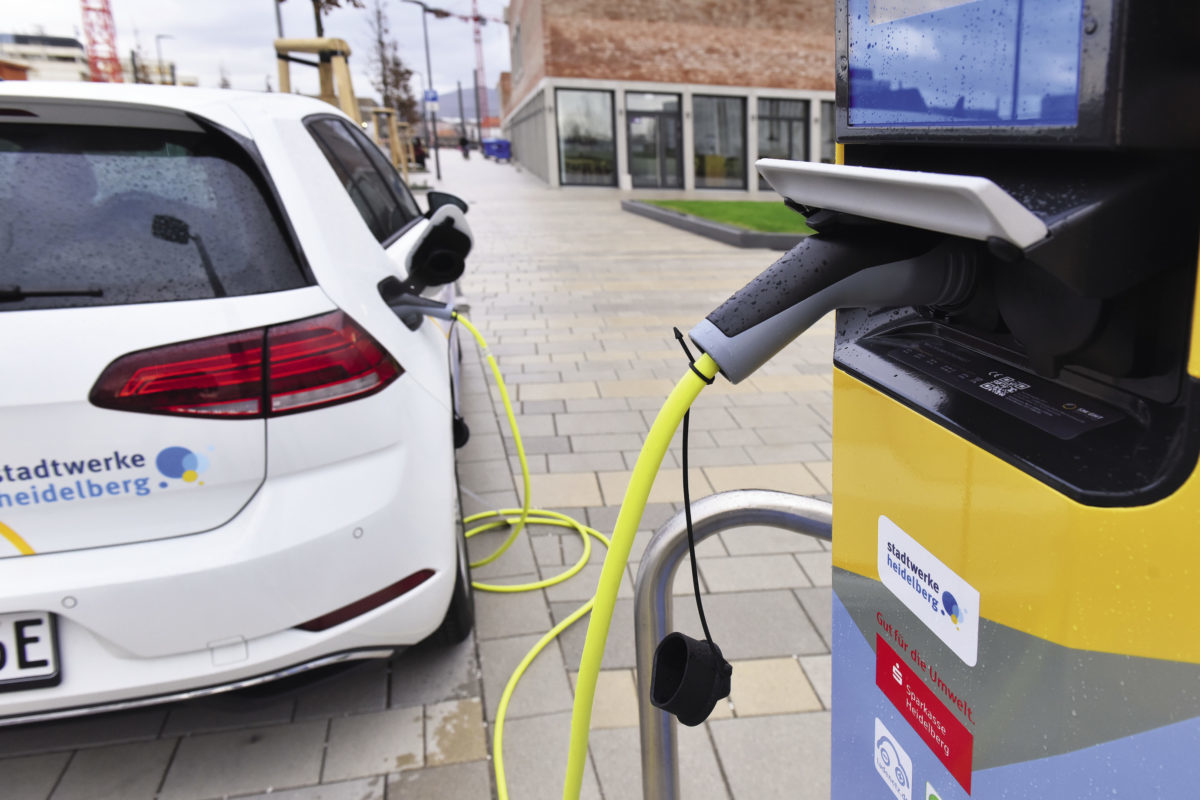MG Motor India has partnered with Delhi-based startup eChargeBays to assist its customers in setting up EV charging infrastructure at their home. As part of the partnership, MG will send experts to identify the best way in which MG ZS EV buyers can install an EV charger at their home. The move comes ahead of the MG ZS EV launch in December 2019.
Speaking on the association, eChargeBays founder and CEO Rajesh Singh said, “Most prospective EV buyers are hesitant on account of the limited charging infrastructure available. We aim to provide Indian car owners with a robust and safe one-stop solution for their home charging-related needs using our homeCharge solution. Apart from this, eChargeBays will also launch a series of service solutions in the charging infra space which would aim at providing a seamless EV charging experience to EV customers.”
MG Motor India president and managing director Rajeev Chaba said, “The government’s recent announcement around creating charging amenities for customers at public places is a positive step for the EV industry. Our latest association is aimed at supporting the government’s EV vision by providing a viable residential EV charging infrastructure.”
MG’s partnership with eChargeBays is the latest in a series of alliances with EV charging players aimed at creating a robust charging infrastructure in the country. As part of its commitment to creating an ecosystem for EVs and drive EV adoption in India, the company has already partnered with Fortum and Delta Electronics India for the fast charging and slow charging segments, respectively.
Revised guidelines for EV charging
Addressing the concerns of prospective EV owners, recently, India’s Ministry of Power recently permitted private charging at residences and offices under the revised guidelines for charging infrastructure.
As per the guidelines, “Setting up of public charging stations shall be a delicenced activity and any individual or entity is free to set up public charging stations provided the stations meet technical, safety as well as performance standards and protocols as laid down by the ministry and Central Electricity Authority.”
Further, “any person seeking to set up a public charging station may apply for connectivity and it shall be provided on priority by the distribution company.”
Charging stations may also obtain electricity from any generation company through open access.
While the tariff for supply of electricity to public charging stations shall be determined by the appropriate Commission, the tariff applicable for domestic consumption shall be applicable for domestic charging.
This content is protected by copyright and may not be reused. If you want to cooperate with us and would like to reuse some of our content, please contact: editors@pv-magazine.com.









1 comment
By submitting this form you agree to pv magazine using your data for the purposes of publishing your comment.
Your personal data will only be disclosed or otherwise transmitted to third parties for the purposes of spam filtering or if this is necessary for technical maintenance of the website. Any other transfer to third parties will not take place unless this is justified on the basis of applicable data protection regulations or if pv magazine is legally obliged to do so.
You may revoke this consent at any time with effect for the future, in which case your personal data will be deleted immediately. Otherwise, your data will be deleted if pv magazine has processed your request or the purpose of data storage is fulfilled.
Further information on data privacy can be found in our Data Protection Policy.